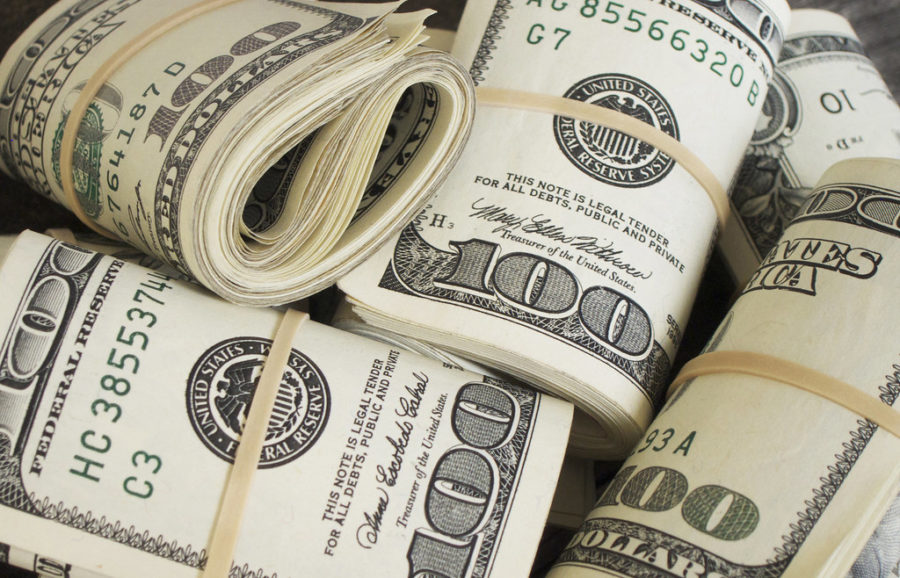What do we do about the debt?
October 7, 2022
Since 1950, the U.S. government has granted students access to loans in order for them to be able to afford a college education.
The National Defense Education Act of 1958 was the first piece of legislation passed regarding student loans and it led to a huge spike in college attendees. Where college was once a place for the wealthiest Americans, it became a possibility for many people who dreamed of pursuing degrees.
With a huge influx of students pursuing a degree, colleges responded by increasing their prices. And thus began a tumultuous game of cat and mouse that has recently become popular in American political discourse.
The student debt crisis is one of the most important issues facing young people today. The average person with student debt owes about $30,000 by the time they get their bachelor’s degree, creating an uphill battle for many young adults. Together, there is almost $2 trillion in debt accrued by college students.
So, what do we do about this?
Some political figures like Elizabeth Warren and Bernie Sanders have proposed that we cancel student debt altogether. Others, like president Joe Biden, are not convinced, and have opted to take a more moderate approach.
The Biden administration rolled out a student loan forgiveness plan that is soon to be open for applications. However, this week, significant changes were made to this plan by the department of education. Although this was not explicitly announced by the administration, new caveats to Biden’s plan are going to have huge consequences for many who were relying on debt forgiveness.
The change primarily impacts recipients of Federal Family Education Loans, which used to be the most popular kind of federal loan until 2010, when the program was shut down. Back then, private banks and loan companies were in charge of holding and managing loans, and the companies were permitted to profit off of these loans.
When the Biden administration announced their loan forgiveness plan a few months ago, these companies responded by claiming the plan would cause them severe financial harm, and six states filed claims to gut the plan altogether.
In order to prevent dismantling of the plan altogether, which could lead to severe political consequences for Democrats as the midterms near, the administration quietly bowed down to these private companies in exchange for loan forgiveness for millions of Americans.
The Biden administration’s failure to disclose this important change to Americans is disappointing, and sadly, just another example of the way that the political system poses as its own barrier to real solutions for people who need it the most.




















